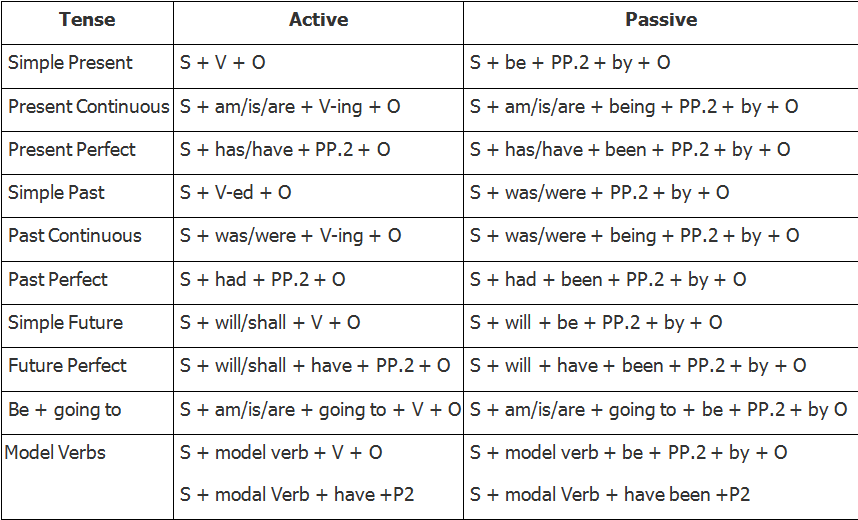Combine these sentences, using enough.
1.She’s not old. She can’t get married yet.
".................................................................................................................................
2. The water is quite warm. I can drink it.
".................................................................................................................................
3. That chair isn’t strong. We can’t stand on that chair.
".................................................................................................................................
4. Are you very tall? Can you reach the top shelf?
".................................................................................................................................
5. It’s not warm today. We can’t go outside.
".................................................................................................................................
6. This shirt is big. He can wear it.
".................................................................................................................................
7. Mary doesn’t have money. She can’t buy a new bicycle.
".................................................................................................................................
8. It’t warm tonight. We can go out.
".................................................................................
Complete the passage and answer the questions.
Yesterday (be).......... Sunday, Nam (get)...............up at six. He (do) ........... his morning exercises. He (take) ...............a shower, (comb).............. hair, and then he (have) .............. breakfast with his parents. Nam (eat)............ a bowl of noodles and (drink) a glass of milk for his breakfast. After breakfast, he (help) .............. Mom clean the table. After that, he (brush).......... his teeth, (put).......... on clean clothes, and (go)............ to his grandparents' house. He (have) .............. lunch with his grandparents. He (return) to his house at three o'lock. He (do).............. his homework. He (eat).......... dinner at 6. 30. After dinner, his parents (take).......... him to the movie theater. It (be)...............a very interesting film. They (come) .............. back home at 9. 30. Nam (go)................... to bed at ten o'clock.
1. What day was yesterday? .................................................................................
2. What time did Nam get up? ..............................................................................
3. What did he do after breakfast? .........................................................................
4. Who did he have lunch with? ...........................................................................
5. What time did he have dinner? ..........................................................................
6. What time did Nam go to bed? .............................................................
Các senpai giúp em vs


1] It is 9:00, my family is watching TV.
2] In the summer, I usually go to the park with my friends, and in the spring, we have Yet Holiday; I am happy because I always visit my grandparents.
3] Does your father go to work by bus?
4] How does your sister go to school?
5] What time do they get up?